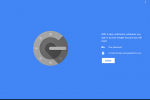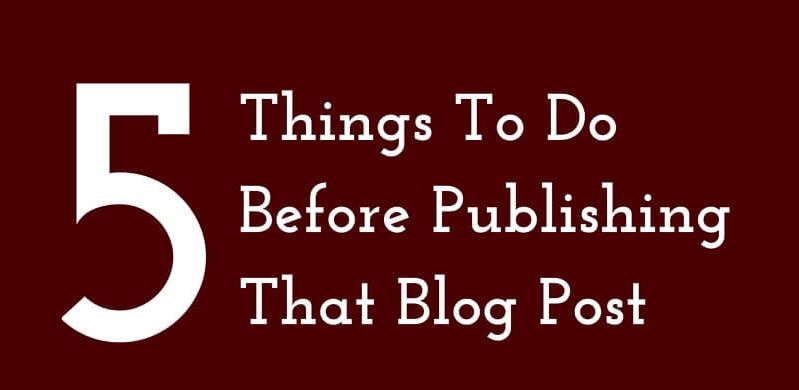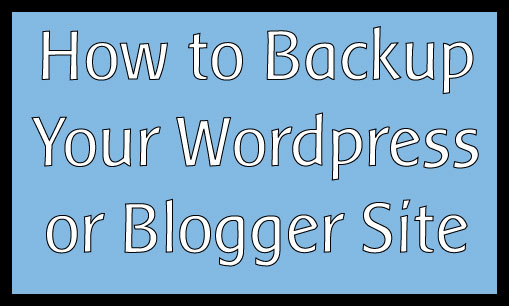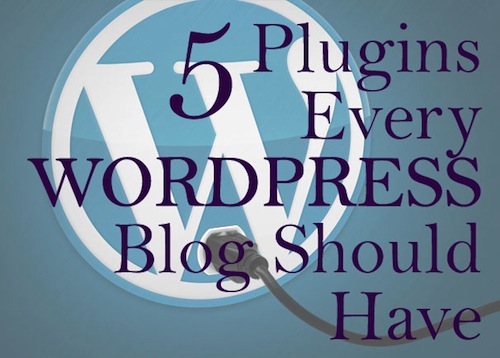Privacy: How Bloggers Can Protect Themselves from Stalkers and Trolls
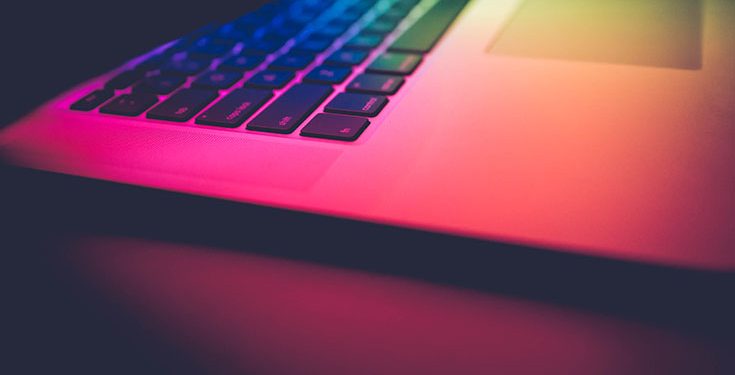
The Internet is a gift and a curse. On one hand, we have all these tools and resources for information, connecting with people, and sharing your expertise. On the other hand, the anonymity and the instant access to public information (or the private information you share) can make your experience hell.
A recent scenario has the book blogging community in a frenzy, as an author wrote an essay on The Guardian about how she didn’t take too kindly about a book blogger giving her novel a 1 star review on Goodreads, and somehow ended up at this lady’s front door!
Luvvie interjects: WHO THE HELL SHOWS UP AT SOMEONE’S DOOR LIKE THAT???
There are long time bloggers who are down right petrified, and threatening not to blog again. Because if you can’t express your opinion on the web without being stalked, why are we here?

The whole situation and conversation really got me thinking. I’ve been on the Internet since I was 9 (which admittedly wasn’t that long ago). When I first started, I used a pseudonym, because, well, I was 9. But as I got into the age of MySpace and other social networks, I became a lot more lax about my information. Granted, my parents taught me the importance of things like not posting our address, but I was still making some rookie mistakes.
So in light of that recent event, as well as all these hacks done to systems and websites we trust, here are 5 tips for bloggers (and every Internet user) to use to protect themselves online:
1. Switch up your passwords
As much of a pain it is to do, changing your passwords often is going to save you a lot of heartache in the long run. At my job, our system makes us change it every 60 days. We have to use uppercase, lowercase, numbers and symbols, with at least 8 characters. Not only is the strength of your password important, but not using the same one for every site you login is crucial. It can take one answer to a secret question before a hacker gets into your online banking, your Twitter, your email, and everything else.

2. Always get domain privacy
For those of you who have yourname.com and any other domain name, no matter where you purchase it, be sure to also purchase domain privacy. If you don’t, whatever contact information you signed up with on GoDaddy or any other registrar is public information in a WHOIS lookup. So if that’s your home address, it takes all of a few clicks for somebody to get your address, Google Map it, and find out where you live. Domain privacy keeps that information hidden.
When you go to purchase your domain, the registrar will ask you if you’d like to buy private domain registration, which protects your identity and personal details from being displayed in a WHOIS search. GoDaddy offers privacy protection for individuals at $7.99/year per domain, and a higher level business protection with a few more features like a seal certifying your site ownership is valid for $14.99/year per domain. Each registrar’s price varies, but you can usually find a coupon code on RetailMeNot.
3. Get a PO Box
This always seemed like a hassle for me, but is going straight to the top of my to-do list. While I’m not a full on book blogger, I do review books from time to time, and have them sent to my home. That is stopping today! If you have any products or blog related items sent to you via email, have those things sent to a PO Box instead to protect yourself from the crazies.
4. Be careful where you log in
We all rejoice when free wifi is available, but you should be very careful about where you log in to when you’re on it. I just read a post on Medium about how two guys were doing an experiment on just how vulnerable your computer is when it’s connected to public wifi. They were able to access everybody’s computer, see what websites they were on, and even find out who each person was, because they had their Facebook open!
Related: Why You Need a VPN When Accessing Public Wifi + 7 Tips
5. Exercise your right to block
My mom laughs at me because of how quick I am to block people. The number one rule of the Internet is “do not feed the trolls”, and we need to remember that rule like we remember our mama’s birthday. Everyday, someone is being rude and ignorant online just to get a rise out of people. You can tell the difference between someone engaging in a healthy debate, and somebody who ain’t about that life. If it’s someone who belongs in the latter group, exercise your right to block. Report as spam if necessary. Leave them where they are, and don’t reply.

These are just a handful of suggestions. Sometimes, we’re too trusting of the Internet and websites we frequent. We complain about Facebook always changing their privacy settings, but we’ve been using the same password since high school. It’s time to protect ourselves on these Internet streets.
Also: don’t be a troll.
If you liked this post and found it useful, pin the image below!

